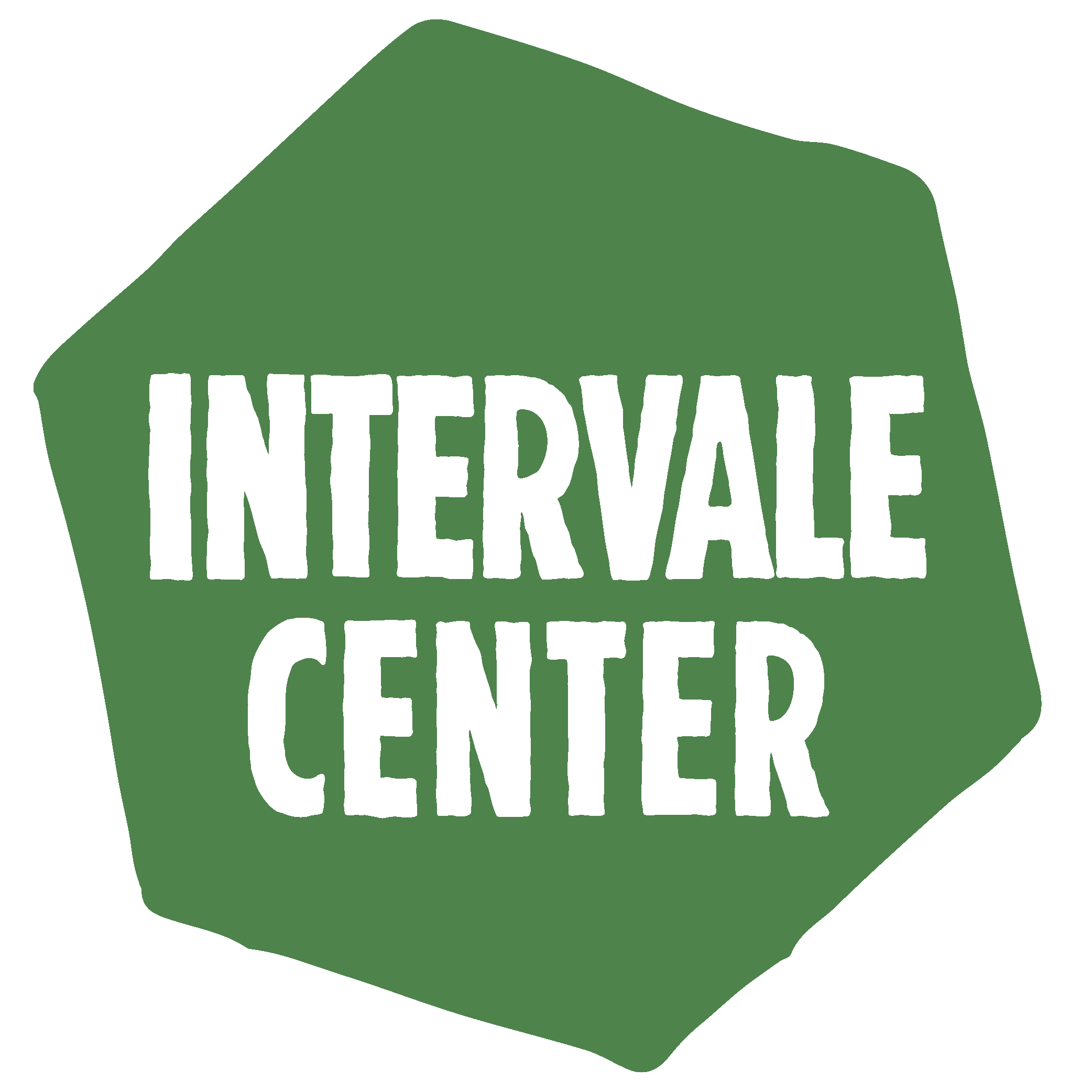Managing Non-Native Invasive Species
We are Burlington Wildways first perennial interns seeking to find creative and holistic ways to manage non native invasive species. We are constantly searching for ways to connect several spheres of life such as community, food insecurity, and land stewardship together to combat the growing issue regarding these plants. Our internship experience is an evolving experience, bolstered by the influence of the many people who play a role in managing Burlington’s natural areas - whether through farming, recreation or land management. Everything we do connects to the ultimate goal of sustainably managing invasives for the betterment of the community and local ecosystems. Our weekly routine reflects our commitment to applying a broad lens to achieve holistic solutions to multi-faceted problems.
On Mondays, we prepare a simple recipe using an invasive species to provide samples at the Fair Share CSA. For example, the first week we prepared Strawberry Japanese Knotweed Crumble. Fair Share provides no cost produce to food insecure individuals and families and we hope that by demonstrating the culinary uses for invasive plants, such as Japanese Knotweed, Goutweed and Garlic Mustard, we can encourage foraging as a means to strengthen local food systems in lieu of simply eradicating the plant. We enjoy tabling at Fair Share for the opportunity to have conversations with community members, and the (mostly) positive feedback on our recipes.
Every Tuesday morning, a group of volunteers meets at the Intervale Center to spend three hours tackling the ubiquitous invasives that have established roots all over the Intervale. Since the beginning of our internship, these Tuesday mornings have become a staple of our week. While much of our time is spent scheming creative and questionably effective invasive removal strategies as well as researching ways to repurpose these plants, this is a time dedicated to simply using our hands and shovels and moderate muscles in an attempt to keep the sheer numbers of invasive plants at bay to allow native non-invasive plants a chance to reestablish themselves in harmony.
Wednesdays are usually reserved for completing online tasks, such as working on our blog, where we chronicle our experiences from the past week. This time is also spent creating management plans, most recently for our venture into using goats as an invasive management tool! By partnering with Pine Island Farm, we are hoping to be able to test the viability of goat grazing as an effective way to stunt the growth of certain invasive species. This project presents many logistical challenges, as well as high cost and time commitment but we are excited to see where it goes. If it is successful, it may become a regularly used management strategy at The Intervale.
Thursdays, as well as extra time during the rest of the week, is devoted to observing and maintaining our four Goutweed test sites in which we have implemented four different techniques to stave off Goutweed, one of the most prolific invasive species in The Intervale. All four sites are 10x10, three of them are located at The Intervale and one is at the Ethan Allen Homestead. We weeded, roped off and bordered all the sites with buried wooden planks to aid with containment. The strategies we are testing are solarization, smothering, replanting and a natural herbicide.
Friday mornings are spent with the Intervale Conservation Nursery (ICN), usually helping to plant natives such as button bush or willow trees, learning how different plant species can benefit the ecosystem differently. Friday afternoons we glean with Hannah Baxter, the Gleaning & Food Rescue Program Coordinator at The Intervale. When we first spoke to Hannah about introducing our creative invasive recipes at the Fair Share CSA, we learned about the harvests that Hannah leads in the Greater Burlington Area to provide fresh produce to low-income families and individuals in Burlington. Gleaning is valuable to our experience as it connects to the idea of making the most of underutilized resources.
We’re lucky that our weeks are full of variation and the opportunity to join in on projects pioneered by others to enrich our experience. To learn more about what we do on the daily please check out our blog!
Written by Wildways Interns: Marjorie McWilliams, Nora Laymon, and Libby Rhodes




